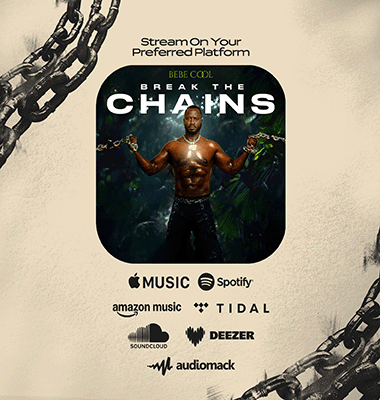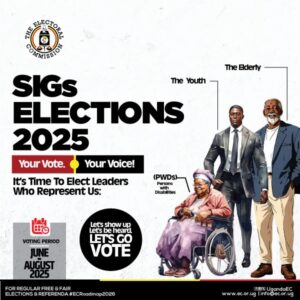It’s been two decades since Burning Spear set foot on a UK stage and almost as long since he took on anything that could qualify as a tour: a remarkable state of affairs for the man who has been Jamaica’s most exhilarating performer for half a century.

With an agenda that was equal parts celebration, Black history lesson and pulpit preaching – immersed in horn-drenched music that was at once modern and ancient – Burning Spear entranced and energised audiences across the world. Subdued lighting, smoke (much of which came from the crowd) and live dub versioning built the atmosphere around roots reggae’s greatest voice as he offered hope for the future while addressing the injustices of the past.
Look at the last two years – nobody going no place, nobody doing things together, nobody even shaking hands
He Said
Throughout Spear’s career his music has been motivated by his devout Rastafari faith, looking towards African culture as the roots of Black consciousness, and sowing cerebral salvation throughout the diaspora: roots reggae was a vital, joyous contemporary expression of what was forcibly stolen 400 years ago. Burning Spear and his fellow Rastas celebrated the Black separatist activist Marcus Garvey and railed against the evils of slavery and colonialism, warning that a slavery of the mind can be more dangerous than physical subjugation. His goal has been to uplift.

“The time was right,” he says of his return to the UK this week at the age of 77, speaking on the phone from his New York home. “Look at the last two years – nobody going no place, nobody doing things together, nobody even shaking hands! If somebody stand next to you in a line and that man sneeze, everybody look at him with a bad eye! Now, as things start to come around again, the time is right to be playing my music live in a way that will bring people together.
“It’s not like I retired, but it’s best sometime to hold back. These shows are going to be amazing because people haven’t seen me for a while and that means we’re going to have a stronger force of energy in the place.”
Doing what he believes to be the right thing, as opposed to the most lucrative, has been a Burning Spear characteristic since he was still known as Winston Rodney. It’s a motivation that took him in and out of Jamaica’s legendary Studio One record company at the start of his career in the late 1960s.
A tiler by trade, Rodney arrived in Kingston from St Ann parish on Jamaica’s rural north coast in his early 20s, armed with an acoustic guitar and some self-penned hymns to Rastafari. Although the faith had been present on the island since the 1930s, it was still widely despised in the broadly Christian, British-ruled country – particularly in the embryonic music business. Coxsone Dodd of Studio One (“the best musicians, singers, engineers were in there,” Spear says) was the only producer in town that encouraged Rastas.
Spear has mixed memories of his time there. “Remember your first day going to school? You’re shy, you don’t know how to communicate, you don’t know who is a friend – that was what going to Studio One was like. I knew if I don’t say something that makes sense they would have kicked my arse out and I wouldn’t be here now. I stand up strong, and when I sing my first song to Mr Dodd of course he like the sound of it and he was like: ‘Damn! We’ll have to keep this one!’”

Sympathetic as Dodd was to Rastafari as a faith, he didn’t get it as a music. He recorded the Abyssinians’ Satta Massagana then refused to release it because he thought it too confrontational to have much appeal. Likewise, with Spear: Dodd cut two albums with him at the start of the 1970s but the recording was too restrained to capture the essence of Spear’s dread delivery.
This wasn’t the owner’s only failing, Spear recalls. “I could hang out with some of the best musicians and studio engineers and watch them work, so I learn a lot. Then I realised that you’re not getting paid. People write Mr Dodd was a good man. No! Mr Dodd would be taking credit for all of we songs. When it come to fixing up on the music, he can grow the music, he was good at that, but getting some money? No, that’s not Mr Dodd; he wasn’t an honest man.”
After several years, Burning Spear returned to St Ann, understandably disillusioned – he had failed at the island’s number-one hit factory, and his brand of roots music hadn’t found a place on the all-important Kingston sound systems. Back then reggae was an almost exclusively urban affair, the industry in the capital dictating musical development with a conceit that assumed anyone else had straw in their ears. Upon returning to life away from music, Spear fell in with local sound system owner and nascent record producer Lawrence Lindo, AKA Jack Ruby, who talked him into recording again. It was a revelation.










